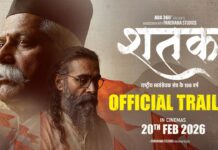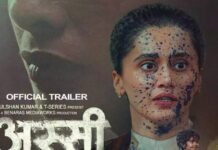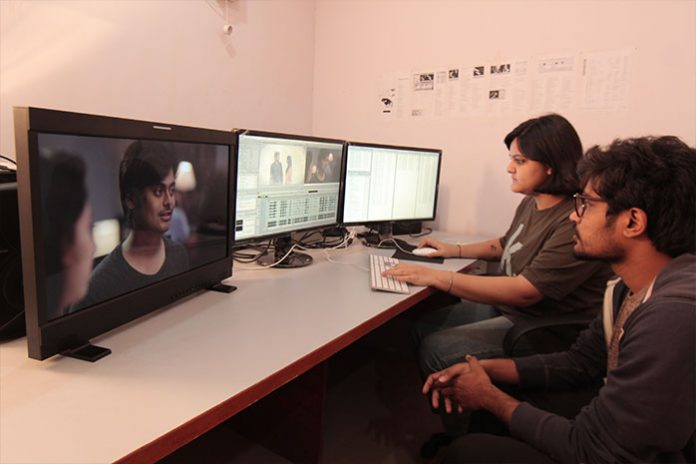The Supreme Court recently set up a committee to know whether the Diploma in Editing course of the Film & Television Institute of India (FTII) could be successfully completed by a person who suffered from colour blindness. A student had challenged a Bombay high court order, and a bench of Justices S.K. Kaul and M.M. Sundresh directed the committee to submit a report in three months. The apex court wanted the committee to opine on not just the editing course but on the aspect of colour blindness for all courses for which the blindness was perceived as a disqualification at present.
The bench said, the panel must consist of a film director, colonist, script supervisor, film editor, ophthalmologist with specialisation in colour blindness, head of department of the FTII, who was the content creator for the editing course, and a lawyer. The court agreed with the suggestion of petitioner Ashutosh Kumar that the film director and film editor should be persons who are younger and more contemporary in their dealings and successful in their fields.
Ashutosh Kumar had applied for the three-year post-graduate diploma editing course of the FTII in 2015. On his selection for the same, he was examined by a doctor in July 2016, when he was found to be colour blind in both the eyes for over 60%. The FTII cancelled his admission as its rules barred colour blind students. He challenged the cancellation, and the high court in March 2017 declined to interfere, saying that it would not be appropriate to interfere with the opinion of the expert. Kumar then appealed to the SC. The apex court asked the FTII to go through a process of rigours of selection anew. It said, the effect of its order would be to “remove any impediment in the future on account of colour blindness, if the committee so opines”.





























